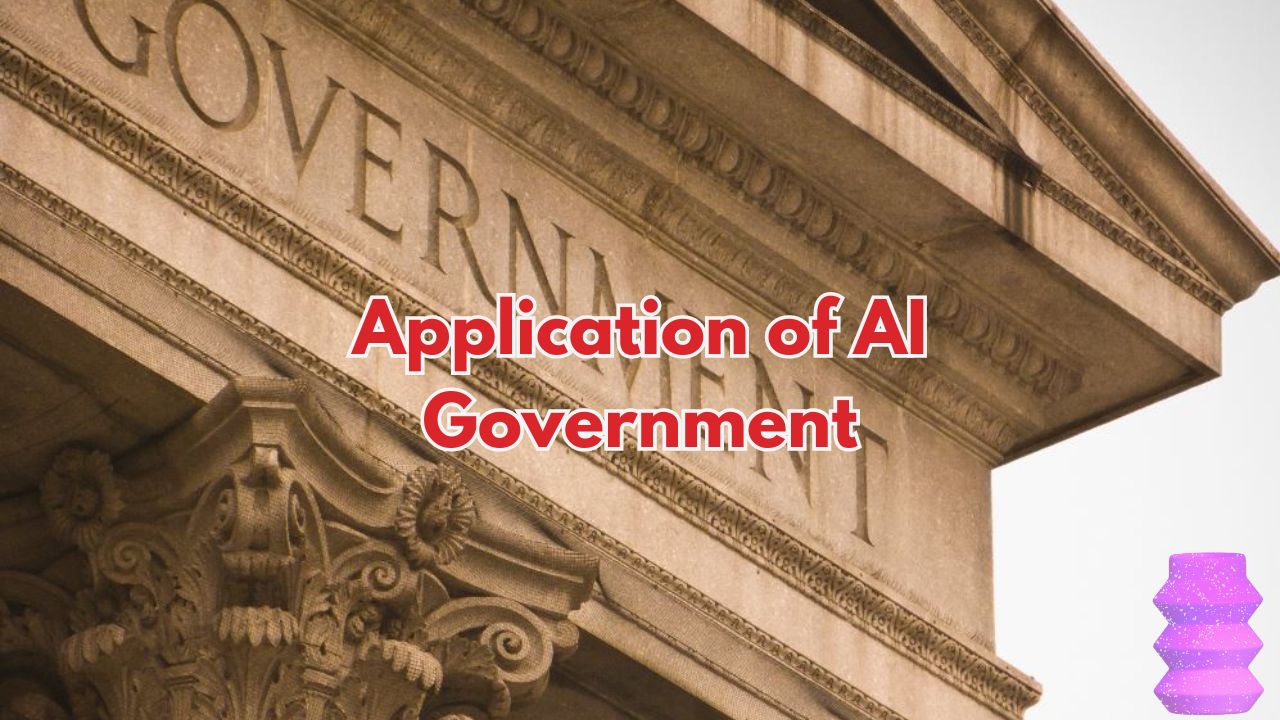
AI Usecases in Government#
Preliminary Work before any AI Project with Government#
Keeping technology evolution, cost of latest technologies, government expectations in mind one should do following steps.
Understanding#
- Understand the mission, objective, goals of the portfolio or ministry. What is important for them like efficiency, public service enacting or enhancing, economic growth (jobs creation, agriculture production, food production, industrial production, startup etc)
- Understand AI policy of government, ministry, and department
- Understand their roadblocks/impediments in delivering the public service
- Understand the complete hierarchy from minister to peon and various departments under the portfolio
- Understand their metrics, formula to calculate the metric, frequency, data source, liveness of the source, reliability.
- Create stakholder power-interest grid, stakeholder and their metrics/KRA
- AI Awareness: Articulate clearly what are AI capabilities and what not. Given the avilable data and technology, articulate what is possible and what is not.
- Assess the infrastructre required and tentative cost.
- Understand regulatory framework involving compliance, approvals, audits etc.
- With examples understand how important is transparency, fairness, accountablity, public safety and trust is important them.
Solution Usecases should Consider#
- Ethical Aspect: Address the ethical implications of AI. How responsible AI can ensure this more efficiently.
- Regulatory Framework: Address regulatory framework and how AI can ensure higher compliance, more collaboration between the government, industry, and academia to create effective regulations.
- Data Privacy and Security: Address how data privacy and security measures can be taken care by AI systems.
Opportunities to Engage more#
- Education and Workforce Development: Address how AI takes care of workforce training/skilling/upskilling need.
- Public Perception and Awareness: Address how AI can be effective in removing misconceptions or concerns about government policies prevalent in society.
- Collaboration Opportunities: Propose how AI opens new avenues for collaboration between the government, public and public-private partnerships.
- Case Studies and Success Stories: Provide examples of successful AI implementations in other regions or sectors. Case
AI Usecases in Government - across sectors#
Healthcare: AI can improve diagnostics, personalized medicine, and patient care through predictive analytics, image analysis, and disease prediction models. AI can reduce healthcare costs, improve treatment outcomes, and enhance accessibility to healthcare services. AI can assist in remote diagnostics or provide healthcare services in underserved areas
Education: AI-powered personalized learning platforms can adapt to individual student needs, improving learning outcomes. AI can facilitate remote learning, provide personalized tutoring, and streamline administrative tasks for educators.
Public Safety and Security: AI-driven predictive analytics can assist law enforcement in crime prevention and detection. AI can analyze patterns to predict criminal activities, enhance cybersecurity, and improve emergency response systems.
Transportation and Infrastructure: AI can optimize traffic flow, manage public transportation systems, and contribute to the development of autonomous vehicles, reducing accidents and congestion. AI can enhance infrastructure maintenance through predictive maintenance models.
Economic Growth and Industry: AI-driven automation can increase productivity in manufacturing, streamline supply chains, and improve operational efficiency in various industries. Potential for job creation, innovation, and economic growth stemming from AI adoption.
Environmental Sustainability: AI can help monitor and manage natural resources, predict climate patterns, and optimize energy consumption. AI applications can contribute to environmental conservation and sustainable practices.
Government Services: AI-powered chatbots and virtual assistants can enhance citizen engagement, streamline administrative tasks, and improve the efficiency of public services. AI can improve decision-making processes within government agencies.


Comments: